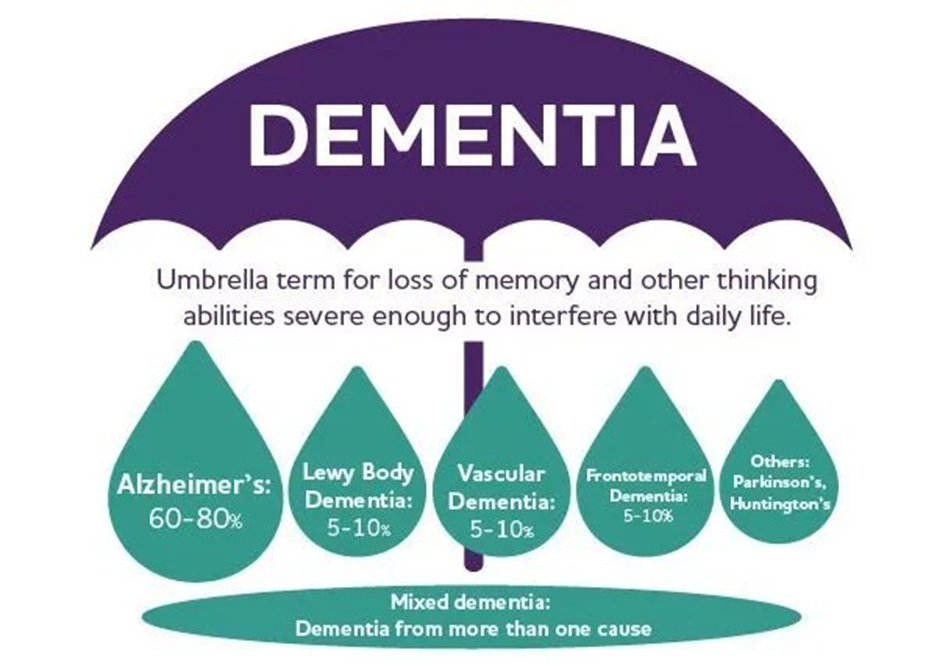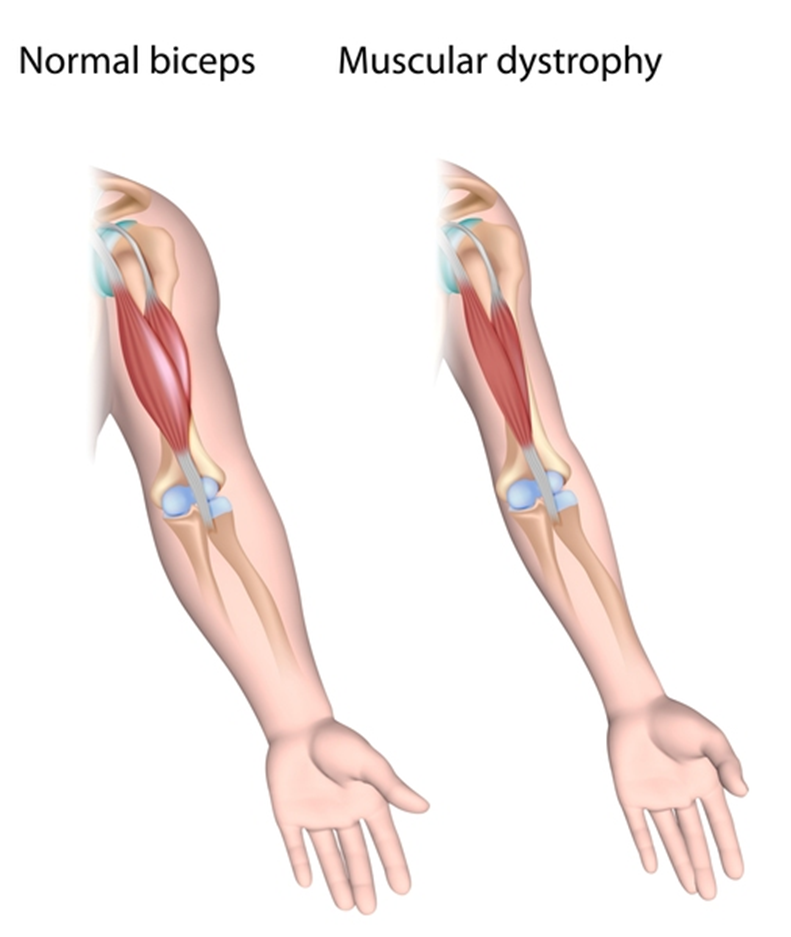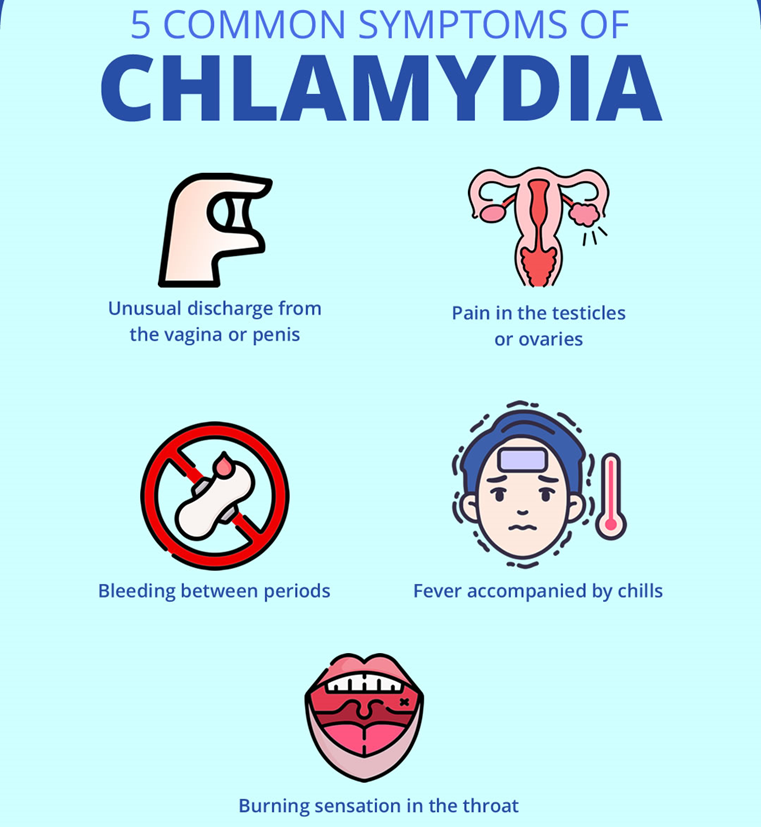A home health nurse is planning the initial home visit for a client who has dementia and lives with his adult son's family. Which of the following actions should the nurse take first during the visit?
Encourage the family to join a support group.
Provide the family with information about respite care.
Educate the family regarding the progression of dementia.
Engage the family in informal conversation.
The Correct Answer is D
Choice A reason: Encouraging the family to join a support group is not the first action that the nurse should take. This is an important intervention that can help the family cope with the challenges and stress of caring for a client who has dementia, but it should be done after the nurse has established rapport and trust with the family.
Choice B reason: Providing the family with information about respite care is not the first action that the nurse should take. This is an important intervention that can help the family access temporary relief from their caregiving responsibilities, but it should be done after the nurse has assessed the family's needs and preferences.
Choice C reason: Educating the family regarding the progression of dementia is not the first action that the nurse should take. This is an important intervention that can help the family understand the nature and course of the disease, and prepare them for the future changes and challenges, but it should be done after the nurse has evaluated the family's level of knowledge and readiness to learn.
Choice D reason: Engaging the family in informal conversation is the first action that the nurse should take. This is based on the principle of communication, which states that the nurse should initiate and maintain a therapeutic relationship with the client and the family. The nurse should use informal conversation to introduce herself, express interest and empathy, and create a comfortable and respectful atmosphere. The nurse should also use open-ended questions, active listening, and nonverbal cues to elicit the family's concerns, expectations, and goals.

Nursing Test Bank
Naxlex Comprehensive Predictor Exams
Related Questions
Correct Answer is B
Explanation
Choice A reason: Reporting the incident to local authorities is an important action, but it is not the first priority. The nurse should first assess the child's physical condition and provide any necessary care.
Choice B reason: Checking the child for injuries is the first action the nurse should take, as the child may have sustained physical harm from the abuse. The nurse should document any findings and report them to the appropriate authorities.

Choice C reason: Referring the parent to a social service agency is a helpful action, but it is not the first priority. The nurse should first ensure the child's safety and well-being.
Choice D reason: Enrolling the parent in anger management classes is a potential intervention, but it is not the first priority. The nurse should first address the immediate needs of the child and the family.
Correct Answer is A
Explanation
Choice A reason: Chlamydia is a reportable infection to the state health department. Chlamydia is a sexually transmitted infection caused by the bacterium Chlamydia trachomatis. It can cause pelvic inflammatory disease, infertility, ectopic pregnancy, and neonatal complications. Reporting chlamydia cases can help to monitor the prevalence, incidence, and trends of the infection, and to implement prevention and control measures.

Choice B reason: Herpes simplex virus is not a reportable infection to the state health department. Herpes simplex virus is a common viral infection that causes oral or genital lesions. It can be transmitted through direct contact with the lesions or the infected fluids. There is no cure for herpes simplex virus, but antiviral medications can reduce the frequency and severity of the outbreaks.
Choice C reason: Group B Streptococcus B hemolytic is not a reportable infection to the state health department. Group B Streptococcus B hemolytic is a type of bacteria that can be found in the gastrointestinal or genital tract of some people. It can cause serious infections in newborns, pregnant women, and people with weakened immune systems. Screening and treatment of pregnant women can prevent the transmission of the bacteria to their babies.
Choice D reason: Human papillomavirus is not a reportable infection to the state health department. Human papillomavirus is a group of viruses that can cause warts or cancers in different parts of the body. It can be transmitted through sexual contact or skin-to-skin contact. There is no treatment for human papillomavirus, but vaccines can prevent some types of the virus that cause cervical cancer and genital warts.
Whether you are a student looking to ace your exams or a practicing nurse seeking to enhance your expertise , our nursing education contents will empower you with the confidence and competence to make a difference in the lives of patients and become a respected leader in the healthcare field.
Visit Naxlex, invest in your future and unlock endless possibilities with our unparalleled nursing education contents today
Report Wrong Answer on the Current Question
Do you disagree with the answer? If yes, what is your expected answer? Explain.
Kindly be descriptive with the issue you are facing.
